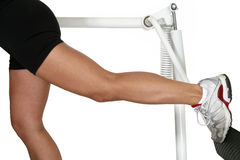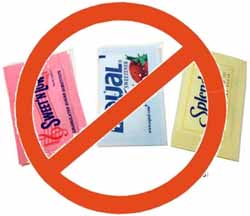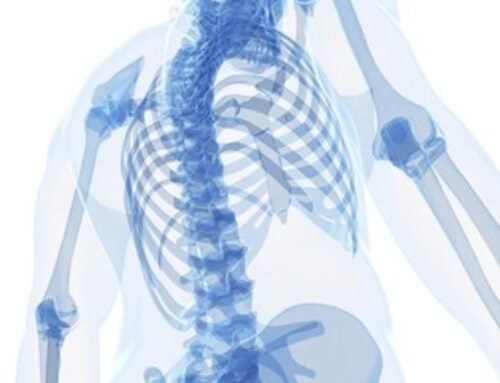Importance of the Glutes
These three muscles are the key to reduced back pain, decreased hip pain, and improved athletic performance for any age. The glutes are considered the single most important muscle group in the body and are a necessary part of every movement. They act as a prime mover propelling the body forward to stabilization of the back and hip during trunk and shoulder movements. The glutes are essential for good posture, lifting, walking, throwing, sitting, running, standing, squatting, lunging, climbing, and even sleeping.

Weak glutes cause injury.
- Back pain: Weak glutes cause back pain by allowing the back to round out when squatting and lifting.
- Knee pain: Weak glutes cause knee pain when going up and down stairs by overloading the knee while it’s partially flexed.
- Hip pain: Weak glutes cause compensatory muscles around the hip joint to tighten causing added pressure to the hip leading to arthritis and pain.
Weak glutes degrade performance.
Performance for an athlete will decrease as glute strength and stability decrease. Weak glutes make the athlete more prone to injury. Runners won’t run as fast, throwers can’t throw as hard, and cyclists can’t pedal as hard. Swimmer’s slow down, dancers will be less coordinated, and the elderly become more disabled.
How do glutes become weak?
- Sitting: Prolonged sitting causes a tightness of the hip flexors. Reflexively, this “turns off” the glutes and allows them to atrophy and weaken.
- Sleeping: Sleeping on your side with your top leg flexed will stretch the glutes and cause them to weaken.
- Standing: Chronic standing on one leg can stretch the stance leg and weaken it while weakening the opposite leg because of disuse.
How do we strengthen glutes?
Glute strengthening exercises are an important part of any workout program. Try these to strengthen your glutes: squats, lunges, one-leg step downs, glute bridges, jump squats, and jump rope.
The #1 Cause of Death in the US—Sugar
“Science has now shown us, beyond any shadow of a doubt, that sugar in your food, in all its myriad of forms, is taking a devastating toll on your health. The single largest source of calories for Americans comes from sugar— Specifically high fructose corn syrup.”
-Dr. Joseph Mercola

In 1700, the average person consumed about 4 pounds of sugar per year.
In 1800, the average person consumed about 18 pounds of sugar per year.
In 1900, individual consumption had risen to 90 pounds of sugar per year.
In 2013, more than 50% of all Americans consume ½ pound of sugar per day, 180lbs. per year.
Sucralose (Splenda) is NOT a sugar; despite its sugar-like name and deceptive marketing slogan, “made from sugar.” It’s a chlorinated artificial sweetener in line with aspartame and saccharin, with detrimental health effects to match.
Honey is about 53 percent fructose, but is completely natural in its raw form and has many health benefits when used in moderation, including as many antioxidants as spinach.
Stevia is a highly sweet herb derived from the leaf of the South American stevia plant,which is completely safe (in its natural form).
Fructose is a very dangerous natural form of sugar. Fructose elevates uric acid. Fructose tricks your body into gaining weight by fooling your metabolism. Fructose rapidly leads to weight gain and abdominal obesity. Fructose is the number one contributing factor to the current obesity epidemic.
Looking for more information on how to cook and eat less sugar?
[LivFit]
Our most highly attended and requested seminar is coming back in February. Classes are held on Thursdays, February 12, 19 & 26, 6-8pm each night. Your $40 seminar registration includes your [LivFit] journal complete with a weekly menu, recipes, 48-hour detox program, and 5 different workout programs complete with exercise instructions. Seminar notes are also included. This seminar is recommended for all [Core] patients, their families, and friends. Registration is now open, but [LivFit] is limited to the very first 35 patients and always sells out. Please check out www.coreroanoke.com/livfit or talk to our chiropractic staff in our Roanoke, Virginia office for more details at 1-540-344-1055.
Dr. Daryl Rich, DC, CSCS





